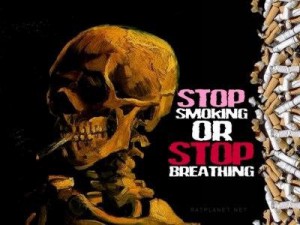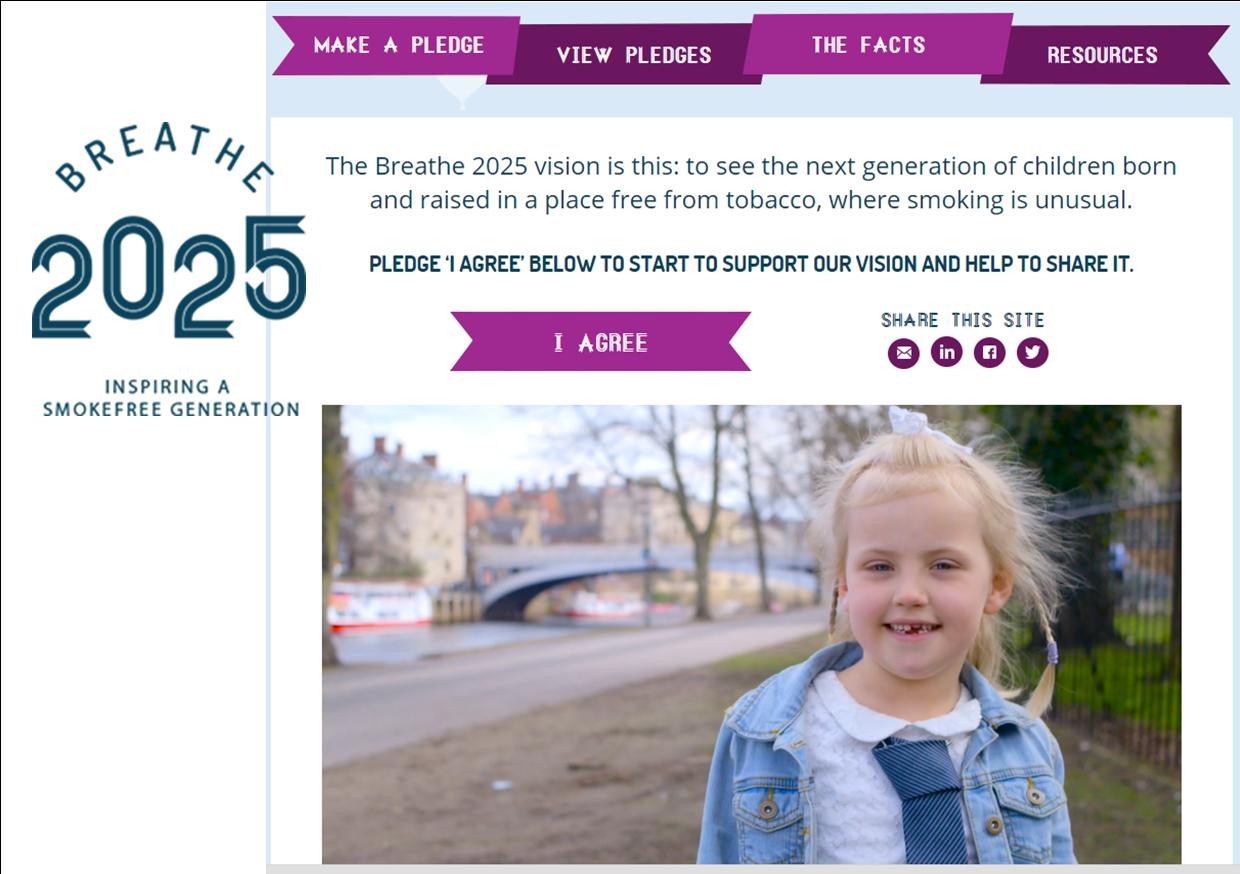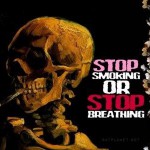The “Don’t Be The 1” campaign from Breathe 2025 highlights how one in two smokers[i] will die from a smoking related disease, some in their 40s and 50s and is asking smokers to quit for the sake of their family. These odds are infinitely greater than the reported risks of being hit by a bus (around two in a million) or the chance of becoming a millionaire on the National Lottery (around one in ten million).
Worryingly, surveys show nine out of ten smokers underestimate the one in two risk, with around half believing their risk to be one in ten or less.
As well as York, the don’t be the 1 campaign is running in Hull, East Riding, North Lincs, North East Lincs and North Yorkshire for four weeks.
For more information visit http://www.dontbethe1.tv/ , those who want to quit in York are asked to contact the council’s YorWellbeing service on 01904 553377 or email yorwellbeing@york.gov.uk
Councillor Carol Runciman, Executive Member for Health and Adult Social Care said: “Smoking can have long lasting and devastating impacts on people’s health, which is why we have joined together with our partners and are supporting the don’t be the 1 campaign.
“In the run up to Stoptober there are more ways to quit than ever before and we are urging people to give it a go. Studies show you are more than four times more likely to quit with help. Our YorWellbeing service is there to help people quit and I would urge smokers who want to quit to get in touch.”
Dr Caroline Everett, Consultant Respiratory Physician, York Teaching Hospitals NHS Foundation Trust, said: “Stopping smoking is one of the single most effective things you can do to improve your health and life expectancy. Quitting smoking early can prevent the onset of many different life-limiting and life-threatening health conditions such as COPD, heart disease and cancer. However, it is never too late to give up.
“We also have lots of evidence from studies in many different conditions which show that, even once a smoking-related health condition has developed, people who quit live longer and with better health-status than those who continue to smoke.”

 City of York Council is supporting a regional stop smoking campaign, don’t be the 1, and encouraging those that want to quit to contact the council’s YorWellbeing service.
City of York Council is supporting a regional stop smoking campaign, don’t be the 1, and encouraging those that want to quit to contact the council’s YorWellbeing service. Want to stop smoking to mark the start of the New Year? From January 2017, City of York Council will be offering free support for all York residents to stop smoking.
Want to stop smoking to mark the start of the New Year? From January 2017, City of York Council will be offering free support for all York residents to stop smoking. Every month 18 people from York area discover they have cancer caused by smoking.
Every month 18 people from York area discover they have cancer caused by smoking.
 Commissioned by Public Health England and NICE, and modelled by the University of Portsmouth and the University of Southampton, the figures are estimates of youth smoking rates for every local authority, ward and local NHS level – based on factors known to predict young people smoking.
Commissioned by Public Health England and NICE, and modelled by the University of Portsmouth and the University of Southampton, the figures are estimates of youth smoking rates for every local authority, ward and local NHS level – based on factors known to predict young people smoking.